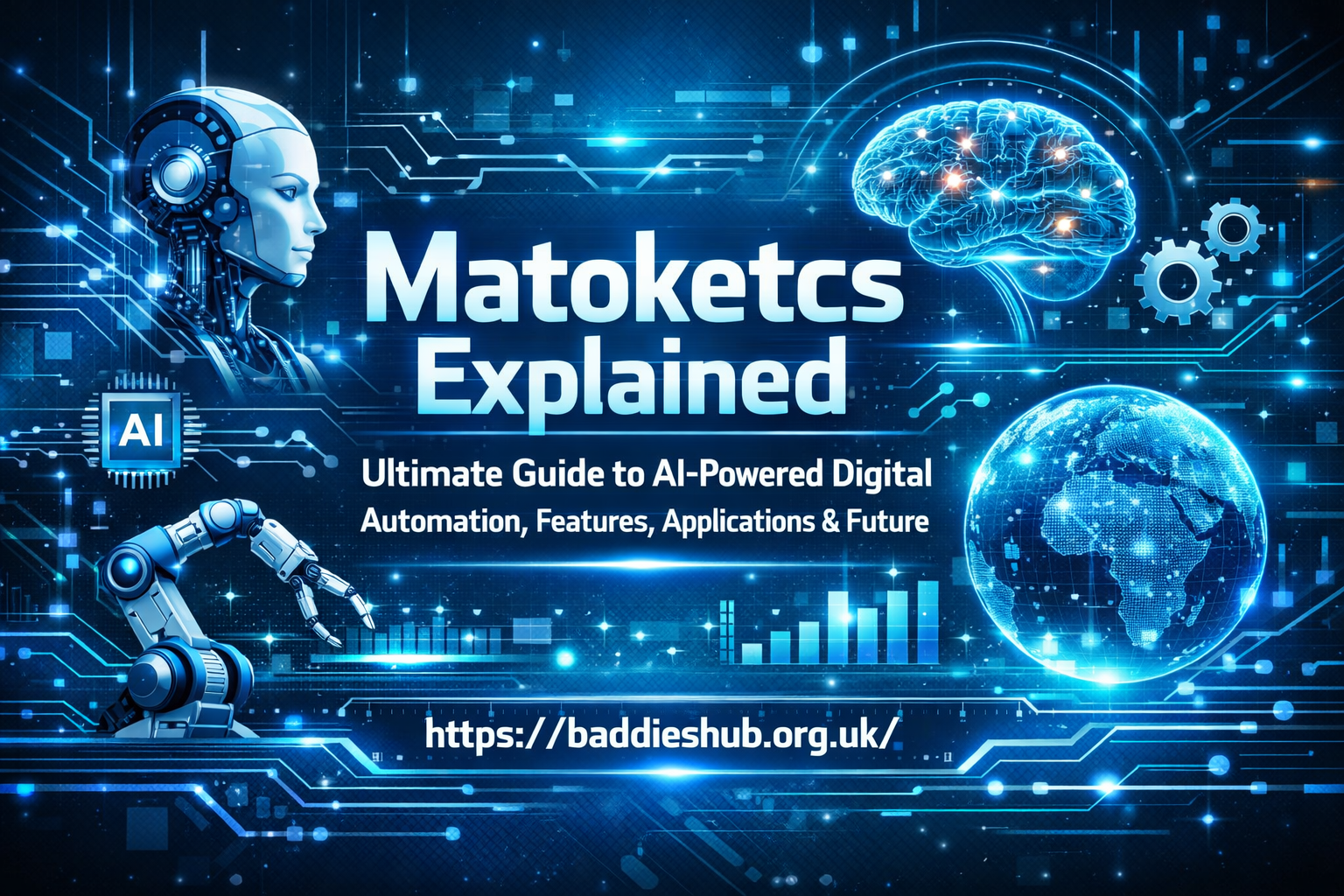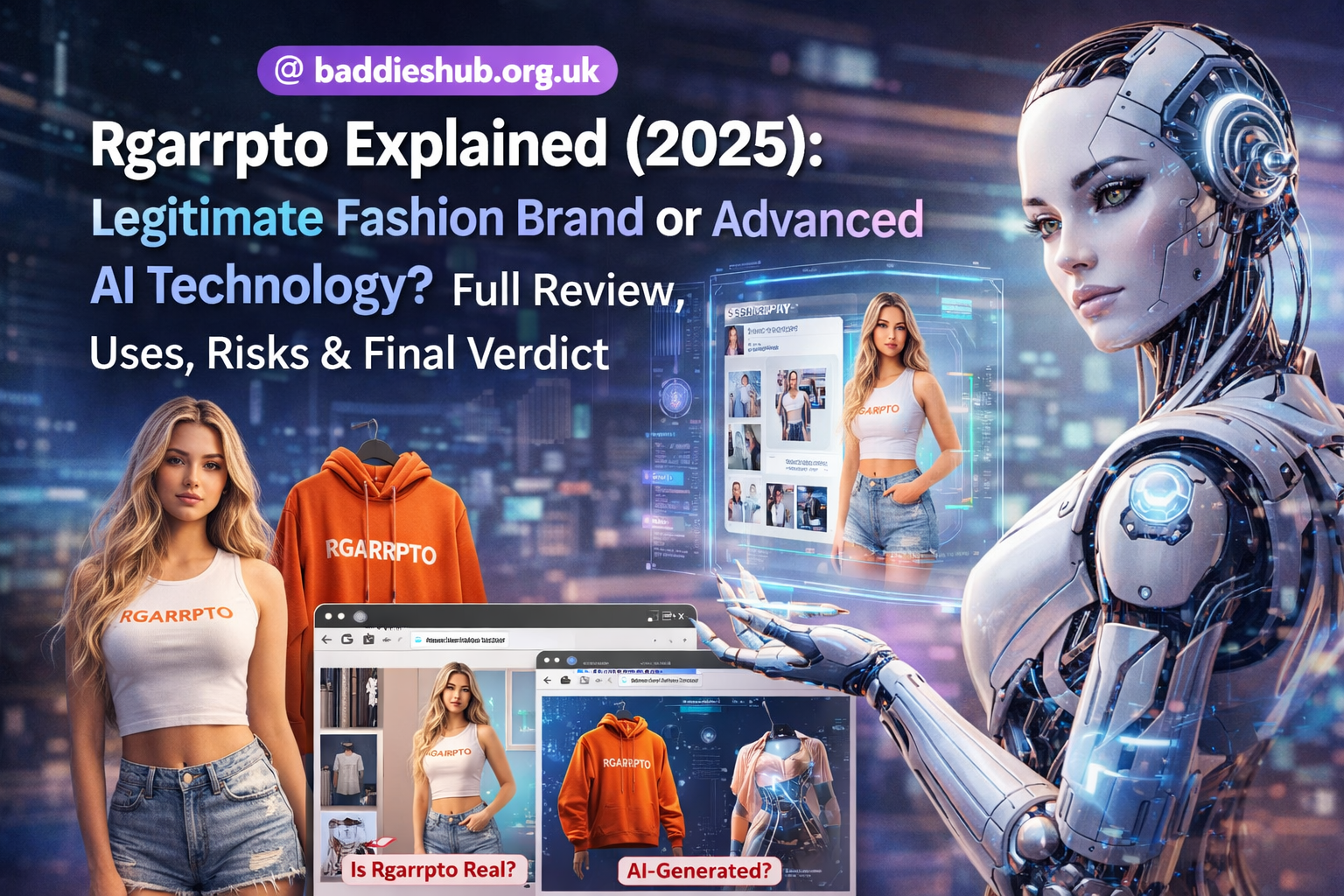In today’s experience-driven economy, event success isn’t measured just by foot traffic or applause, it’s measured by what you learn from it.
Event data is your secret weapon. It reveals who attended, what they engaged with, how they moved through your space, and what left an impression. But here’s the catch: raw data alone doesn’t deliver results. It’s what you do with that data—how you analyze it, interpret it, and act on it that truly drives ROI.
In this blog, we’ll walk you through how to turn your event data into insights that power better decisions, stronger engagement, and real business impact.
Understand What Data to Collect
Before you can analyze anything, you need to start by capturing the right data. Every stage of the event lifecycle offers valuable insight:
Pre-Event
- Registration data: name, job title, company, location
- Marketing performance: email open rates, ad clicks, website visits
- Preferences: selected sessions, dietary requirements, accessibility needs
Onsite
- Check-ins and walk-ins
- Session attendance and dwell time
- Booth interactions and badge scans
- Polls, Q&As, app usage, live feedback
Post-Event
- Survey responses, satisfaction scores, NPS
- Follow-up email engagement
- Lead-to-opportunity conversion data
Align data collection with your event’s goals. If ROI is tied to lead generation, focus on scanning behavior, engagement levels, and booth dwell times. If it’s about education, track content consumption and knowledge retention.
Centralize and Clean Your Event Data
Fragmented or messy data makes insight nearly impossible. Use centralized platforms like fielddrive to unify data from registration, badge printing, lead retrieval, and mobile apps into one place.
Data hygiene is critical:
- Remove duplicates (e.g., someone who registered twice)
- Standardize fields (e.g., “VP” vs. “Vice President”)
- Fix errors or typos (e.g., incorrect email domains)
A clean dataset means accurate analysis and smarter reporting.
Segment Your Audience for Better Insights
Once your event data is clean, segmenting attendees unlocks deeper understanding.
Try segmenting by:
- Engagement level: who attended multiple sessions, responded to polls, or visited the most booths
- Demographics: job title, company size, industry
- Journey type: first-time attendee vs. returning guest
For example, did C-level executives spend more time in certain sessions? Did one industry group visit a product booth more frequently than others? Segmentation answers these questions.
Analyze Engagement Across Touchpoints
Engagement tells the story of attendee interest and attention. Use data to identify what truly resonated.
Metrics to track:
- Session analytics: attendance counts, average dwell time, drop-off points
- Lead retrieval scans: which booths attracted the most leads
- Mobile app usage: who voted in polls, downloaded brochures, or asked questions
- Heatmaps: where attendees spent the most time within the venue
This insight helps you refine programming, optimize layouts, and attract better sponsors in the future.
Correlate Data With ROI Metrics
Event data is only as powerful as the outcomes it ties back to. Start linking attendee behavior to business goals:
- How many qualified leads did you capture?
- What percentage of attendees booked a follow-up or demo?
- Did your sponsors get strong booth traffic or scan volume?
- Did content consumption correlate with post-event conversions?
Use this data to calculate:
- Cost per lead
- Cost per meeting
- Revenue influenced or closed
By mapping behaviors to results, you’ll know exactly which aspects of your event delivered value and which need work.
Use Visual Dashboards to Tell the Story
Not everyone is a data analyst and that’s okay. Use intuitive dashboards to translate your findings into shareable, visual stories.
Focus on:
- Attendance trends and engagement hotspots
- Drop-offs or low-performing sessions
- ROI breakdown by event goals
Platforms like fielddrive offer real-time dashboards and post-event reports that make it easy to digest key takeaways.
Identify Opportunities to Improve Future Events
Your event data doesn’t just tell you what happened—it reveals how to do better next time.
Ask:
- Which sessions were over- or under-attended?
- Were certain attendee types less engaged?
- Did some check-in methods perform better than others?
For example, if VIPs spent less time in product demos, you might need a dedicated concierge or lounge strategy next time.
Automate Follow-Ups Based on Insights
The moment your event ends is when conversions begin. Use your event data to personalize and speed up follow-ups.
Tactics:
- Send targeted emails based on session attendance or interests
- Assign hot leads to sales reps with relevant talking points
- Retarget attendees with ads related to booths or demos they visited
This level of personalization increases post-event engagement, builds trust, and drives sales.
Share Insights With Stakeholders
Your data story isn’t just for internal teams it’s also valuable to:
- Sponsors, who want proof of exposure and lead quality
- Exhibitors, looking to justify booth investments
- Leadership, needing to assess event ROI and justify future budgets
Build customized insights reports that show real impact, not just vanity metrics like footfall.
Use Insights to Shape Long-Term Strategy
The smartest event planners don’t just use data to fix this event they use it to shape every event.
Over time, event data reveals patterns:
- Which content formats work best
- What attendee segments are most valuable
- Which marketing channels drive real conversions
This feedback loop transforms event planning from guesswork to strategy and gives you a competitive edge.
Conclusion
Great events aren’t built on guesswork, they’re built on insight. When you know what to track, how to analyze it, and where to apply it, event data becomes your most powerful planning tool.
It helps you prove ROI, improve experiences, and plan with precision.
Ready to make smarter decisions with better event data? Book a demo with fielddrive and discover how our all-in-one platform simplifies data collection, analysis, and action so you can focus on what matters most.




